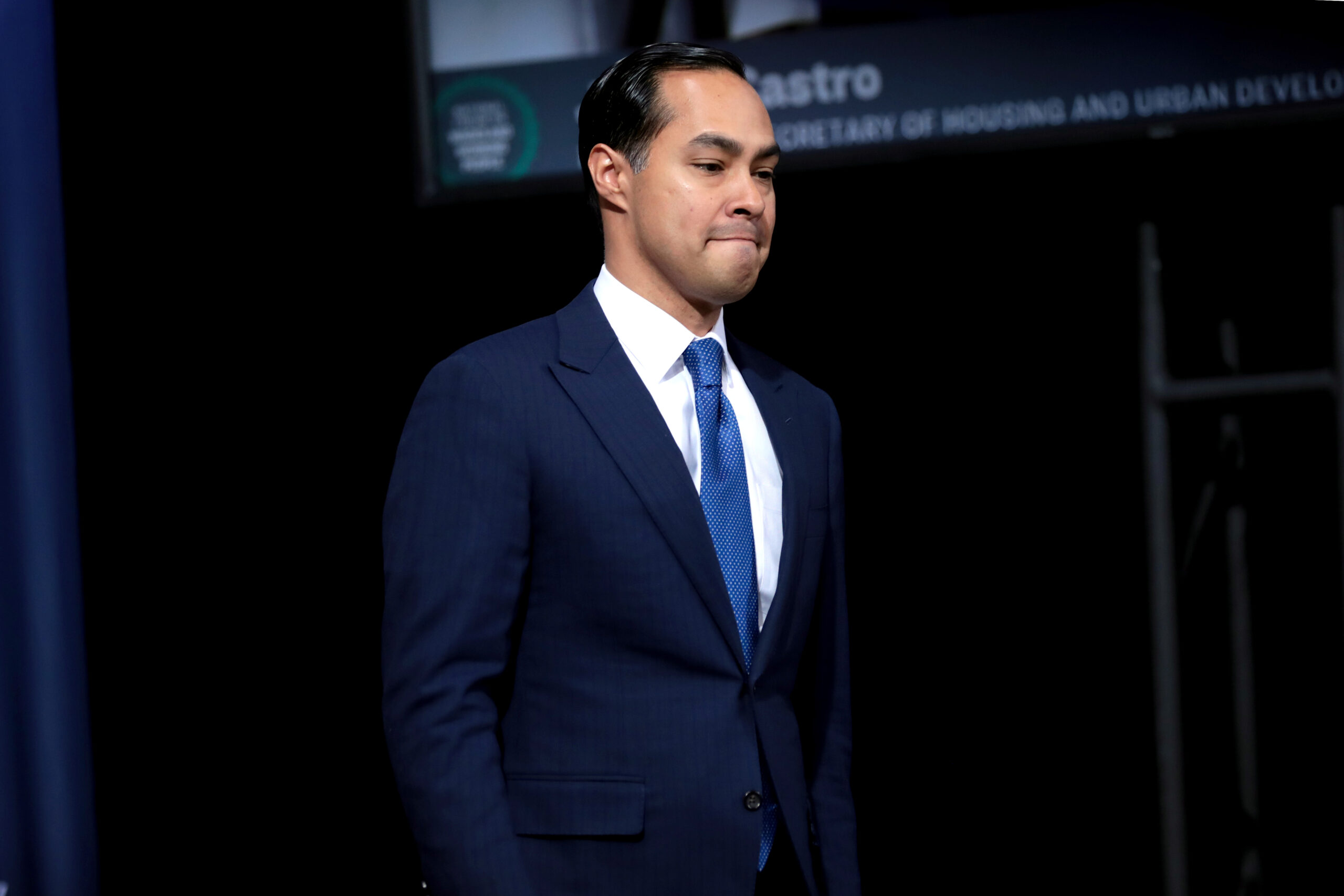The field of Democratic contenders for the presidential nomination – once the most diverse in history – has lost its only Latino candidate.
The end of Julián Castro’s presidential bid is hardly a surprise. His polling numbers have barely bumped over 1% for the entirety of his campaign and he had floated the idea of withdrawing from the race as far back as October, when it became clear that he would no longer be able to qualify for future debates.

At the start of the campaign, Castro seemed to be a promising candidate. As a former mayor of San Antonio, TX, and a member of President Barack Obama’s cabinet, he has extensive executive experience both inside and outside of Washington D.C. Furthermore, his campaign platform was progressive and nuanced, which ought to him distinguished him from the rest of the field.
This shone through in the first round of debates, when Castro was widely praised for his thorough understanding of immigration policy, taking Beto O’Rourke to task for not fully supporting the decriminalization of movement across the border.
Throughout the debates, Castro was able to make well-informed and intelligent contributions that contrasted with some other candidates’ broad-brush or vague approaches to policy. To take just one example, he was able to simultaneously argue for gun safety and caution that a law enforcement-heavy approach to gun control would prove problematic for communities of color.

Unfortunately for Castro, healthcare has been the defining issue of the 2020 presidential sweepstakes. Castro’s position – that the government should implement Medicare for All but allow private insurance to continue to exist – failed to stand out as other candidates took stands either for or against Medicare for All.
Castro actually has experience working to improve public health: as Secretary of Housing and Urban Development, he imposed a ban on smoking in public housing, and as mayor of San Antonio he successfully reduced obesity rates in his city. However, he was not able to leverage this record to his advantage and faded into the background as other candidates debated the issue.
Castro’s campaign became increasingly desperate-seeming as it became clear that he was not gaining traction. During his last debate appearance, he drew the ire of pundits, Democratic establishment figures, and many voters when he engaged in a verbal spat with Joe Biden, implying that the seventy-seven-year-old Biden was losing his memory – a not-unreasonable claim, but one that came across as mean-spirited and made Castro look like he was clutching for relevancy.
Castro’s exit from the race is indicative of a worrying trend in the Democratic contest. The field started out as the most diverse in American history, but all of the candidates in the top tier are white. Although the three frontrunners (Joe Biden, Bernie Sanders and Elizabeth Warren) have run very different campaigns and have differing policy positions, they all entered the race with significant name recognition and a base of support stretching across the country.
The only person who has been able to break into this top tier in a convincing way has been Pete Buttigieg of South Bend.
Buttigieg, a white male candidate, seems to be able to ignore legitimate criticism that he both lacks experience and the ability to win elections outside of his home town, while women and candidates of color constantly face questions concerning “likability” and “electability.” By contrast, California’s Senator Kamala Harris experienced a significant rise in support after a strong debate performance in June, but that support quickly slipped away and she dropped out in December.
Meanwhile, other white male candidates such as Tom Steyer (who has no elected experience), John Delaney (who has literally no support at all) and Michael Bloomberg (a former Republican mayor) continue to seek the nomination.
The campaign has reached a point where women and candidates of color should be asking serious questions of the Democratic party’s primary process.
It should be disturbing to any progressive interested in gender and racial equality that the top tier of candidates is all white and contains only one woman.
What changes could the Democratic Party make to bring about a more inclusive and equitable nominating process? Better debate qualification criteria, for one. Polling and fundraising aren’t the only metrics by which a campaign’s relevance and credibility should be measured. And, for another, Iowa and New Hampshire should lose their monopoly as the first two states that get to hold nominating events. Both states are small and home mostly to white voters.
The party would be wise to begin working on presidential nominating reforms for 2024 and 2028 as soon as the 2020 cycle is over.


I think this was a wise decision on his part.